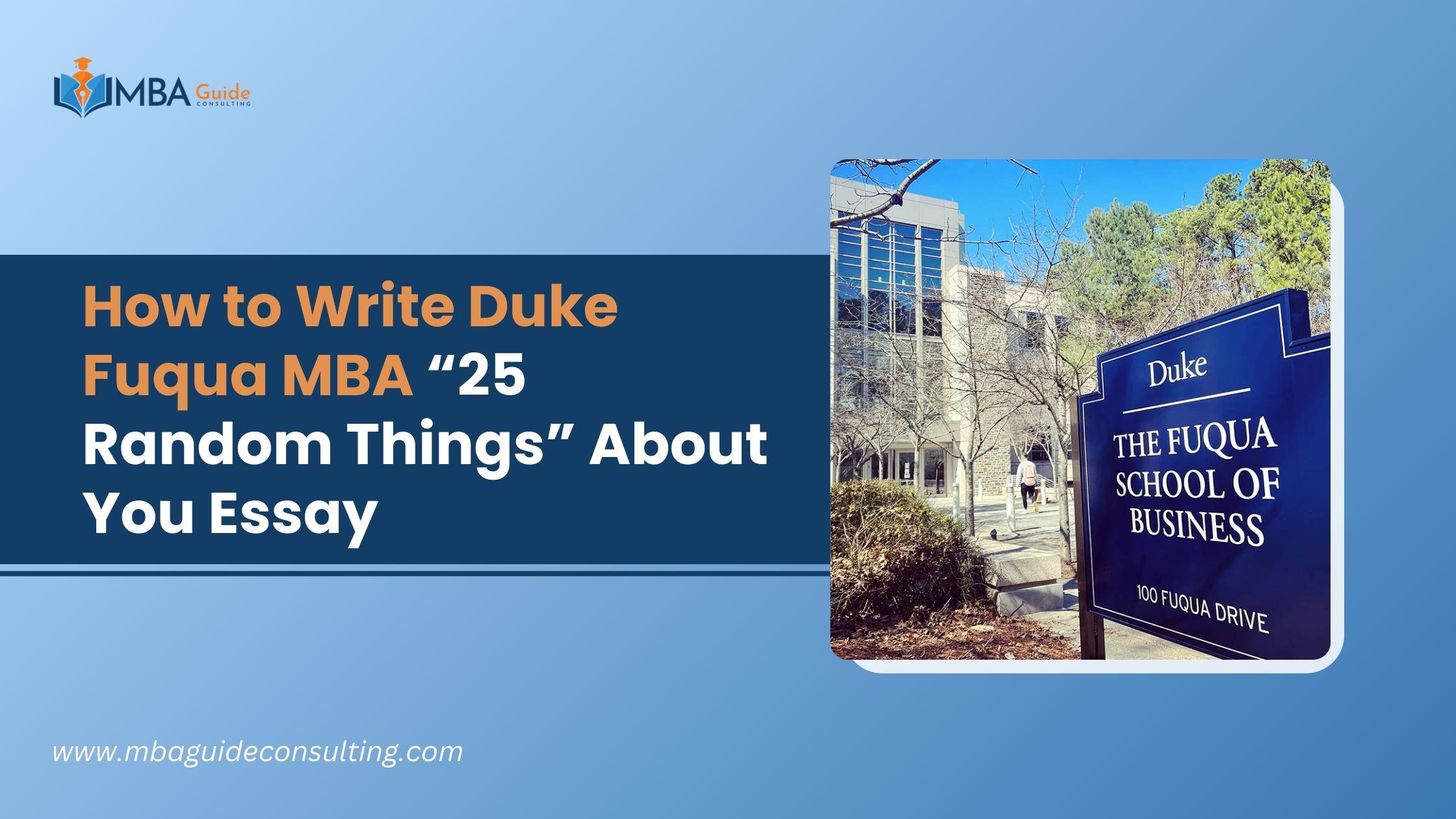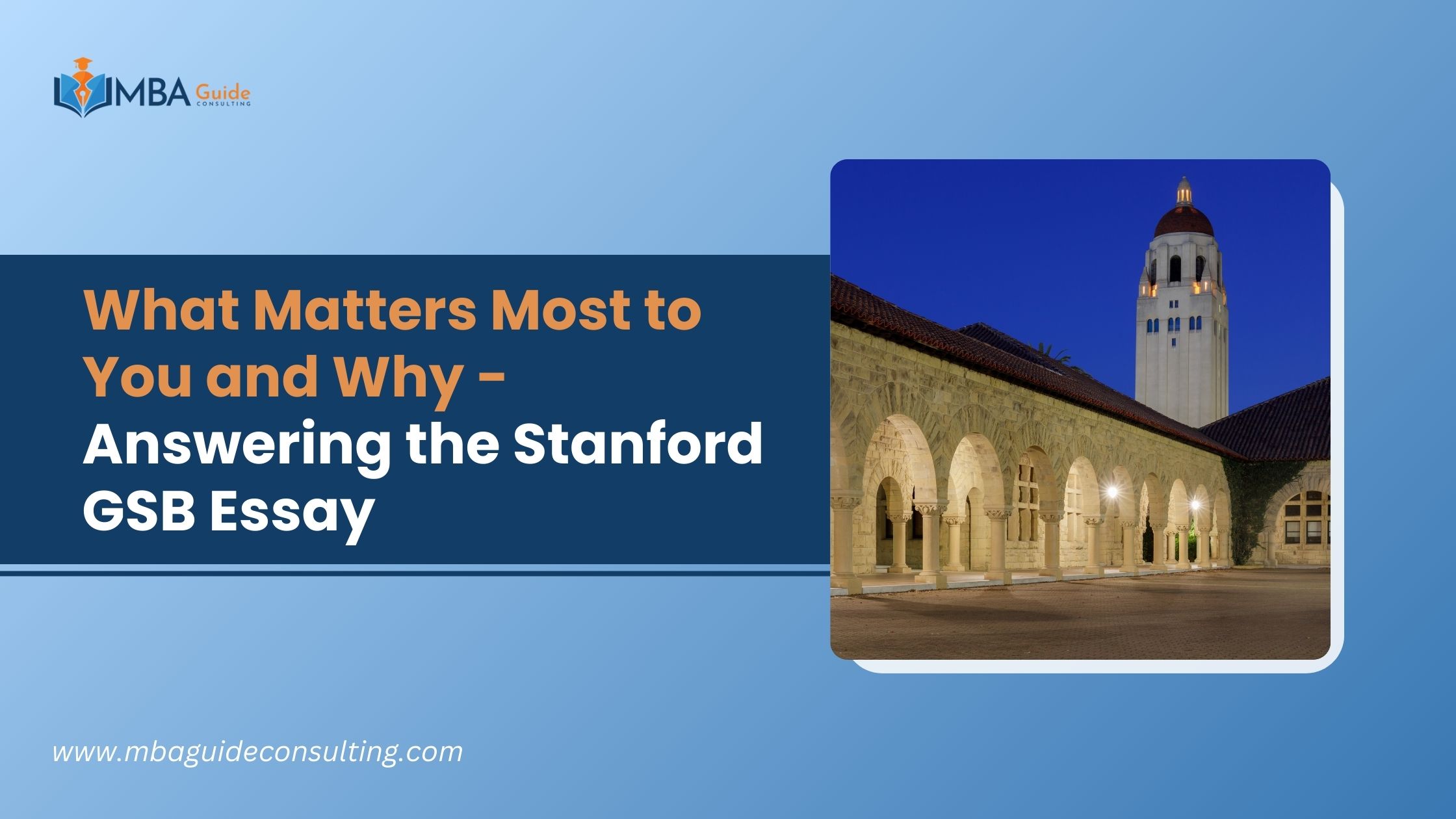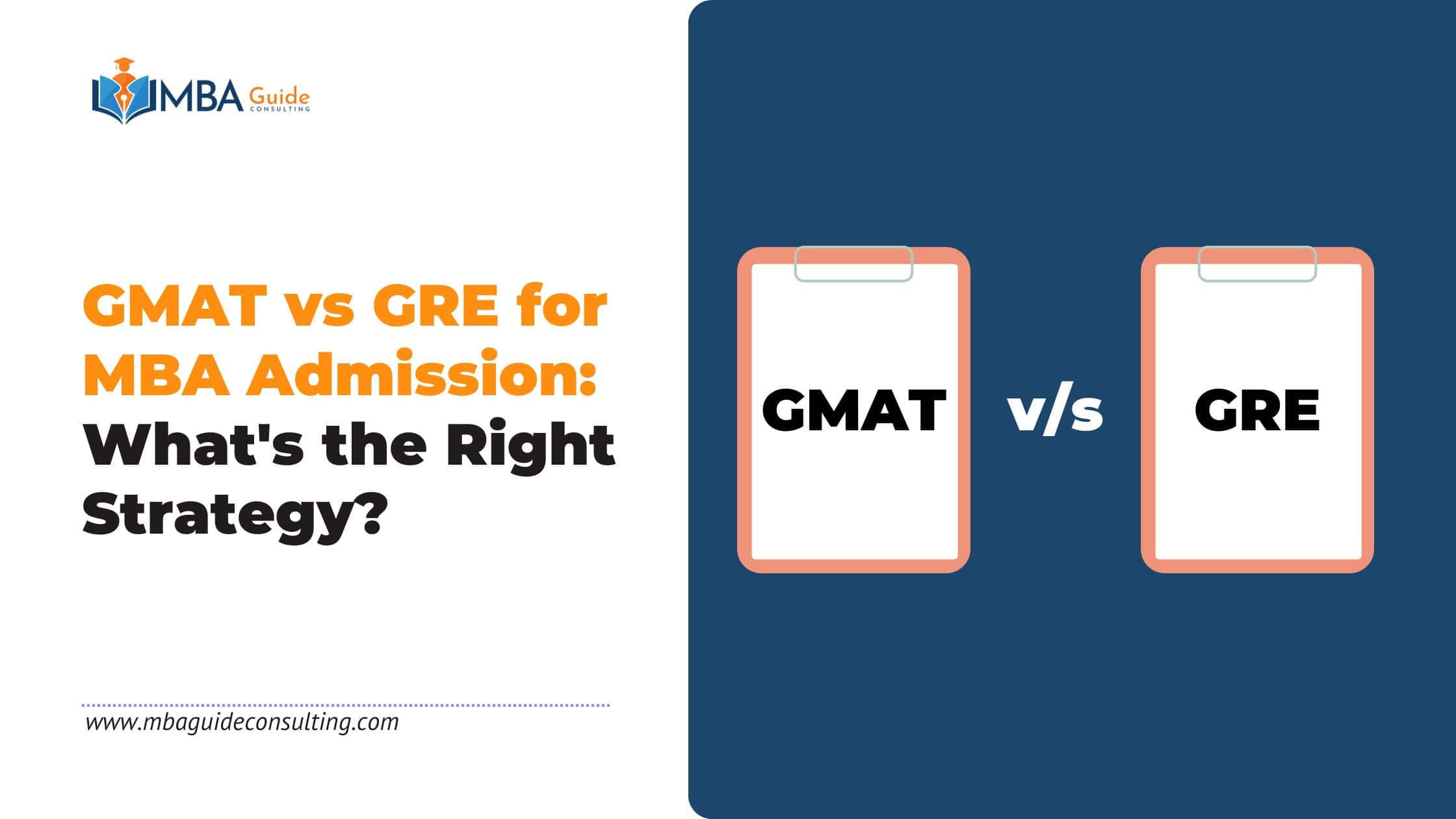5 Exercises for kickstarting MBA applications confidently
If you’re planning to apply for an MBA program and are gearing up to write your application essays, it’s essential to remember that self-discovery is a key step in the process. Taking the time to introspect and delve deep into your life story can help you uncover the unique experiences, lessons, and qualities that make you stand out as a candidate. Before you put pen to paper or fingers to keyboard, it’s important to mine the gold in your life story, as this can significantly enhance the quality and impact of your MBA essays.
Self-discovery involves taking a closer look at your past experiences, both personal and professional, and reflecting on how they have shaped your values, beliefs, and aspirations. It requires you to dig deep into your achievements, challenges, failures, and growth moments to gain insights into your character, motivations, and goals. By understanding and appreciating your own journey, you can identify the key elements that have shaped your identity and perspective, and use them to craft compelling and authentic MBA essays.
But where do you start? Here are some simple and effective fun exercises inspired by Paul Bodine (President of Paul Bodine Consulting) to help you unlock the hidden gems within you and brainstorm ideas that will captivate the admissions committee.
Create a no-filter Brain Dump
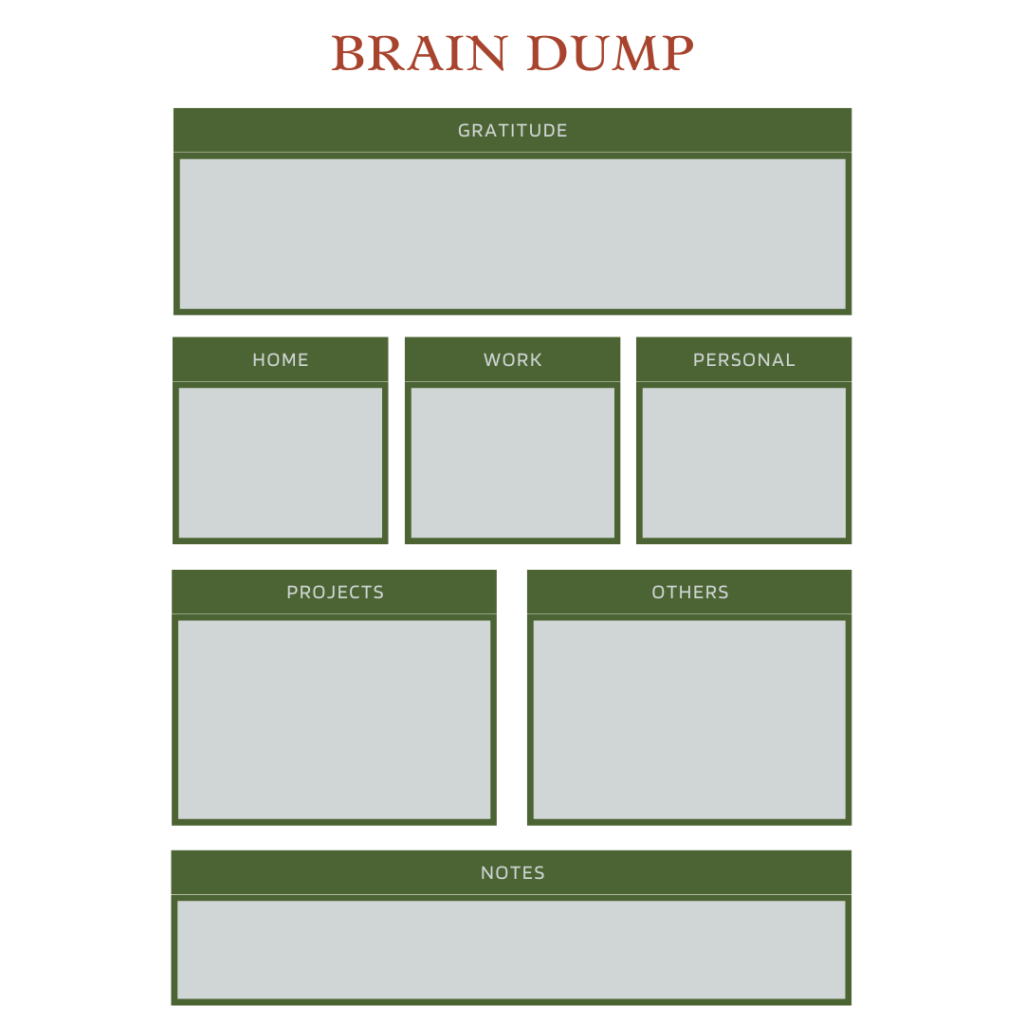
When reflecting on your life story, it’s important to suspend judgment and let go of inhibitions. Start with a “brain dump” of all possible details that come to mind. Don’t worry about structure or coherence at this stage. Just let your creativity flow freely and jot down any memories, experiences, passions, and achievements that come to mind. This initial exercise can help you generate a wealth of material to work with which will help you to come up with some of your best MBA essays.
Use Your Resume as a Timeline


For coming up with your best MBA essays, your resume can be a valuable tool in your arsenal. Use it as a biographical timeline to jog your memory and generate essay material. Reflect on each section of your resume, recalling the challenges, breakthroughs, and changes you’ve encountered in each stage of your career. Don’t forget to delve into the accomplishments listed in the bullets, as well as achievements that might have been excluded. This exercise can provide you with a treasure trove of material and a timeframe for understanding your own growth and development.
Create Mapping Techniques
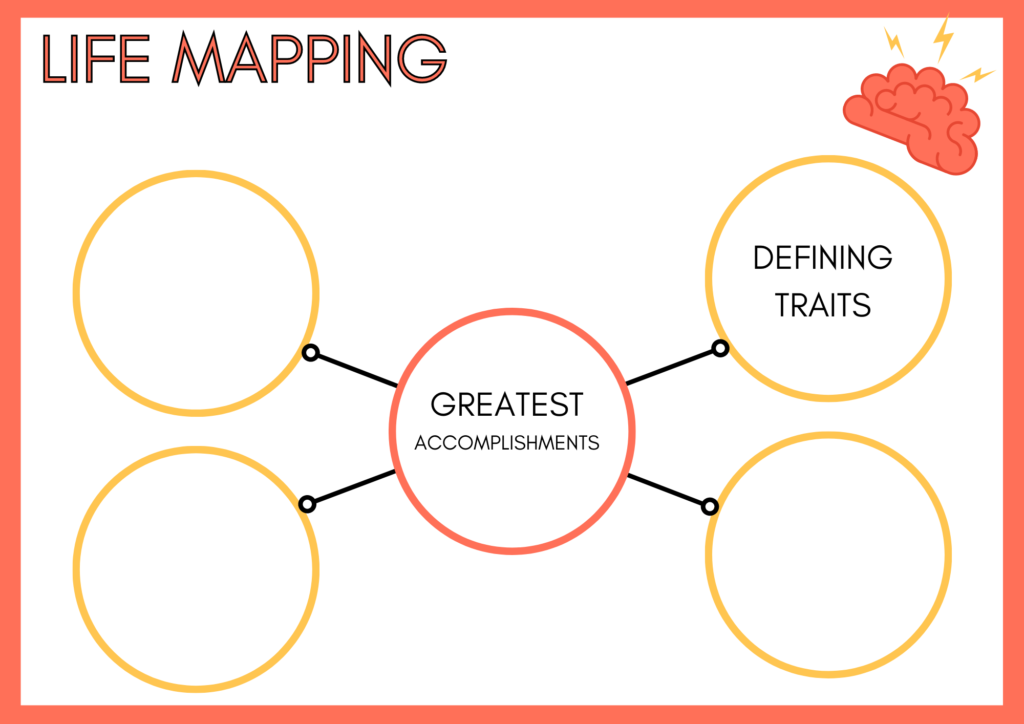

Another effective technique to write your best MBA essays is to first create simple lists of various aspects of your life, such as your favorite music, worst jobs, greatest accomplishments, best vacations, defining traits, or characteristics admired by friends. Let your creativity soar and jot down anything that comes to mind. Then take it a step further by identifying potential connections between them. Look for patterns, similarities, or themes that emerge from your lists. You might be surprised to find that certain experiences or traits align perfectly with your achievements or reveal their significance in defining your identity.
Leverage Social Media for Feedback


In today’s digital age, social media can also be your ally in the essay writing process. If sharing your exercises on social media would motivate you to commit to writing, go for it. Get feedback from your LinkedIn friends on an anecdote or essay theme you share. It might be constructive or critical, but it can help you improve your storytelling. Plus, posting your thoughts or ideas on social media can foster a writing habit and keep you accountable to your writing goals.
Get Visual and Map Out Your Life Story
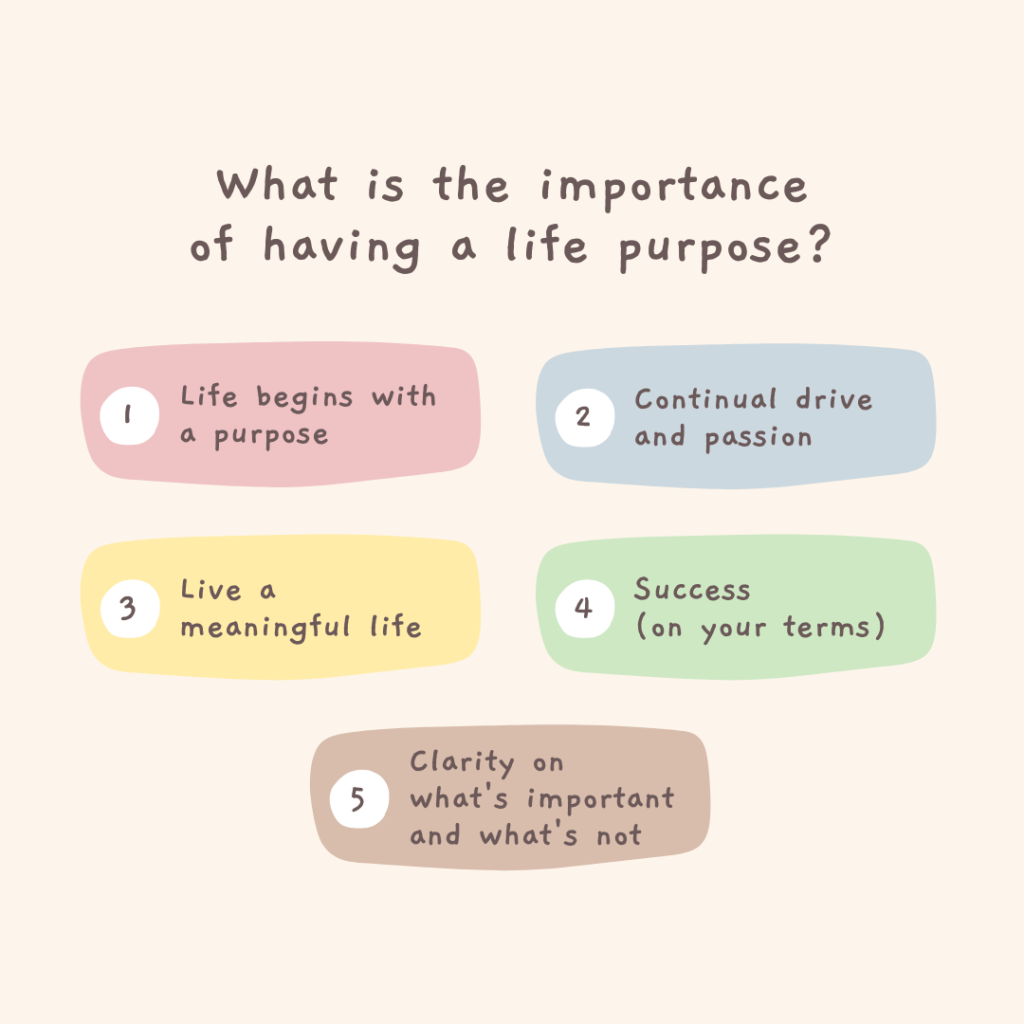

Another powerful technique to come up with your best MBA essays is to get visual and map out your life story. Write down the four or five themes that encapsulate your life journey. Around each theme, jot down relevant events, skills, values, or interests that come to mind. Each new term you write down may trigger other words or ideas, leading to a cascade of insights. Follow the flow of thoughts and connect each new term with a line back to the related term that prompted it. This visual map can help you gain a deeper understanding of your core values and the interconnections between your themes, providing you with a valuable roadmap for your essays.
What all these tips have in common is that they encourage you to start writing even before you begin working on your essays?
By suspending judgment, using your resume as a timeline, creating simple lists, leveraging social media for feedback, and getting visual with a life story map, you can bypass anxiety and self-doubt that can stifle your creativity and personal voice. The act of translating your thoughts into words, in any form, forces your ideas to solidify and propels you to explore new directions. Plus, it leaves a paper trail of raw material that you can refer back to while writing your essays, helping you create compelling and authentic stories that will captivate the admissions committee.
Write to us at contact@mbaguideconsulting.com for more expert advice

